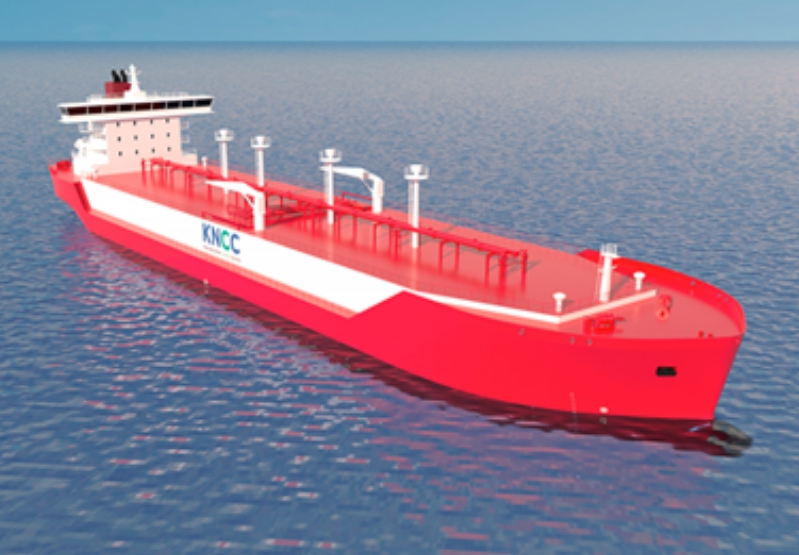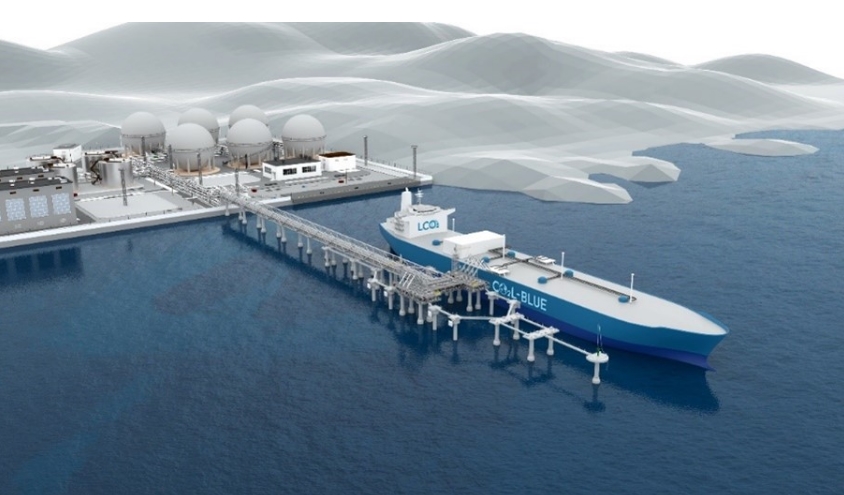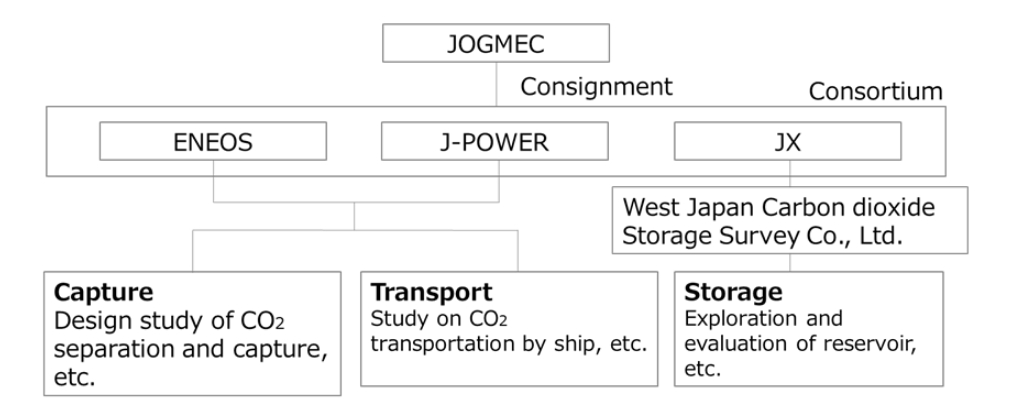On August 25, NYK was commissioned by a consortium comprising ENEOS Corporation (ENEOS), Electric Power Development Co., Ltd. (J-POWER), and JX Nippon Oil & Gas Exploration Corporation (JX) to conduct a study on the marine transportation of liquefied carbon dioxide (CO2) as a part of a fiscal 2023 feasibility study on advanced CCS Projects in Japan.

CCS is a technology for capturing CO2, a cause of global warming, and storing it underground. For the consortium, NYK will study the economics and feasibility of the technology for transporting by ship CO2 emitted in western Japan from ENEOS refineries and J-POWER thermal power plants to a point where the CO2 can be injected underground.

In June 2023, the Japan Organization for Metals and Energy Security (JOGMEC) chose the consortium's study as one of its fiscal 2023 Advanced CCS Project candidates. The selection was then made official on August 24. The consortium aims to start implementing a large-scale value chain from CO2 separation and capture to transportation and storage by fiscal 2030 to contribute to Japan's greenhouse gas emission reduction targets while achieving a stable energy supply.
Summary of This Study’s CCS Project Plan
| Emission Sources | Western Japan ENEOS refineries and J-POWER thermal power plants |
| Transport Method | Vessels and pipelines |
| Potential Storage Site | Off northern to western Kyushu (offshore aquifer) |
| Storage Volume | 3 million tons/year |
Organization chart for this survey

In 2022, NYK established Knutsen NYK Carbon Carriers AS (KNCC), a joint venture with Norway's Knutsen Group, to develop and market new businesses related to the marine transportation and storage of liquefied CO2. Through KNCC, NYK is studying the optimal method of transporting liquefied CO2. NYK will use its knowledge to study the transportation of liquefied CO2 in Japan under the consortium, aiming to participate in the future CCUS value chain* and contribute to realizing a carbon-neutral society.
* CCUS refers to “carbon capture, utilization, and storage” and is a process that captures CO2 released from thermal power plants, factories, etc. and either uses it in production processes for crops, chemicals, construction materials, etc. or stores it in a stable underground geological formation.
** LCO2-EP technology enables liquefied CO2 to be injected into cylinder tanks on vessels and transported at ambient temperature in a stable condition. Since the liquefied CO2 does not need to be cooled to cryogenic temperatures, LCO2-EP technology can reduce energy and costs incurred throughout the CCUS value chain. This advancement also enables easier handling of liquefied CO2 until injection into the reservoir.